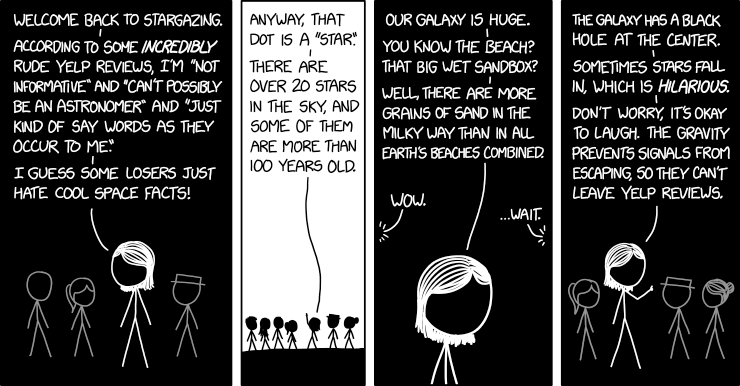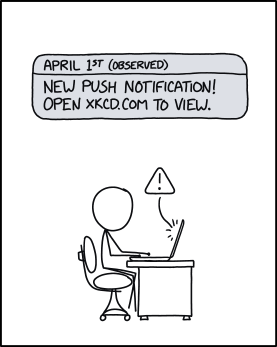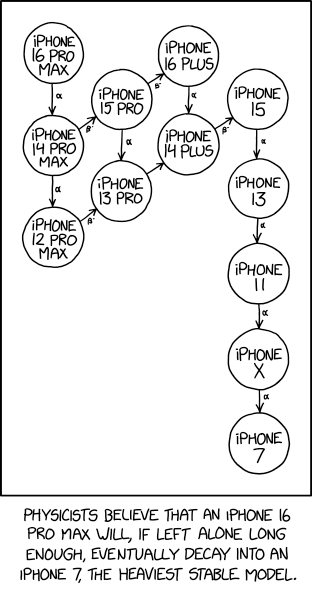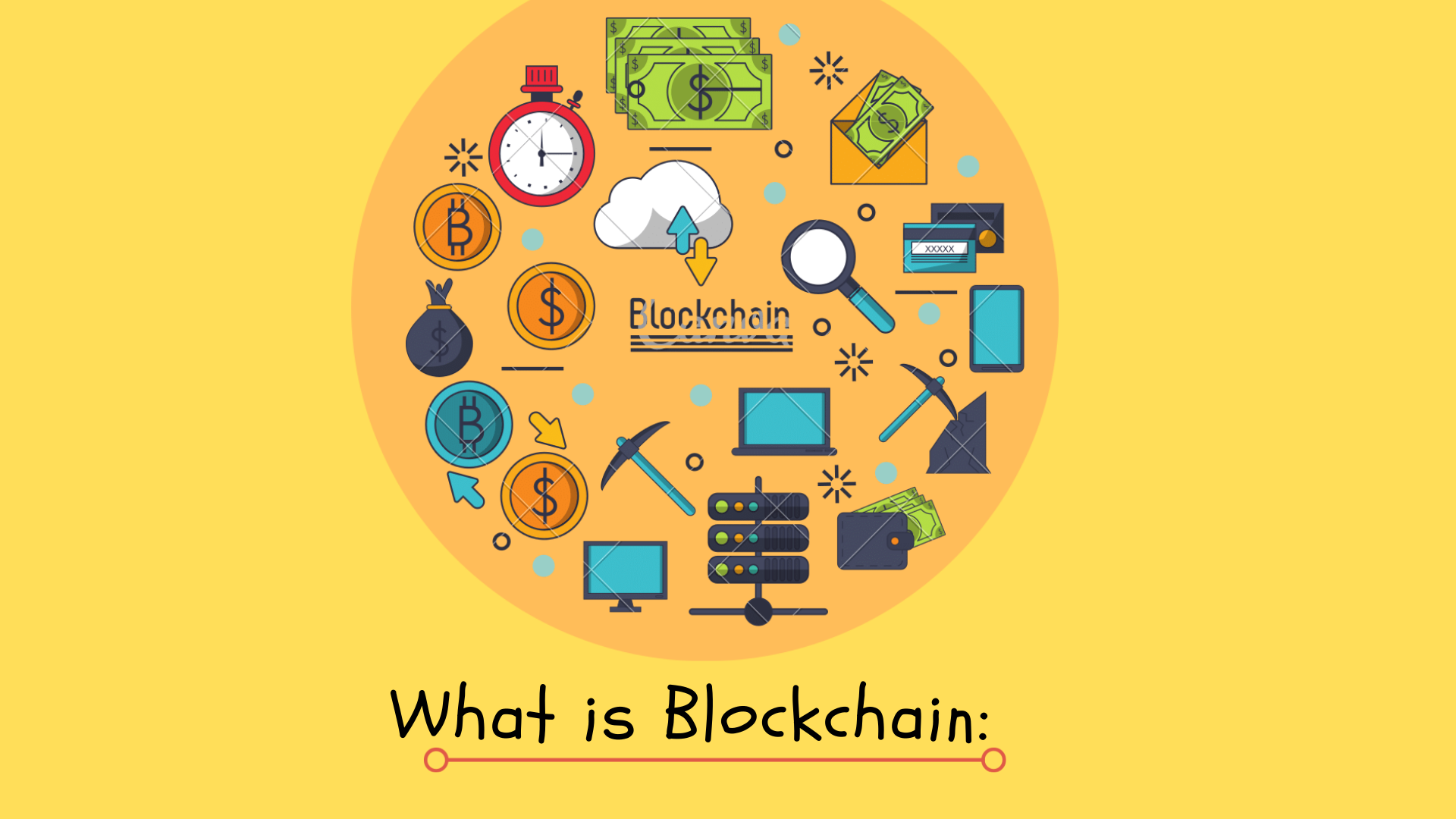********** MUSIC **********
return to top
Filter efficiency 100.000 (0 matches/996 results)
********** UNIVERSITY **********
return to top
Trump Appears to Be Targeting Muslim and “Non-White” Students for Deportation
Tue, 08 Apr 2025 13:03:13 +0000
Students from Muslim-majority countries as well as Asia and Africa are having their visas revoked with little or no explanation.
The post Trump Appears to Be Targeting Muslim and “Non-White” Students for Deportation appeared first on The Intercept.
She lost her job at Emerson College after screening a film critical of Israel. Her lawsuit seeks to leverage an unusual Massachusetts free speech law.
The post This College Staffer Lost Her Job After Showing a Film Critical of Israel. Now She’s Suing Over Free Speech. appeared first on The Intercept.
The University of Pennsylvania has been a target of Canary Mission, a pro-Israel “blacklist” group. Turns out the call was coming from inside the house.
The post Pro-Israel Group That Attacked UPenn Was Funded by Family of UPenn Trustee appeared first on The Intercept.
![[later] I don't get why our pizza slices have such terrible reviews; the geotextile-infused sauce gives the toppings incredible slope stability! [later] I don't get why our pizza slices have such terrible reviews; the geotextile-infused sauce gives the toppings incredible slope stability!](https://imgs.xkcd.com/comics/tariffs.png)



Mackerel patties to snack on and deep-fried eggs in a rich curry sauce – both are great for new year on 14 April
Sinhalese and Tamil traditions may differ, but the celebration of the new year in mid-April unites the two communities. It’s a major cultural moment that marks the end of the harvest season, and some key customs include everyone cleaning their home to prepare for the festivities (and to clear away bad luck!), the lighting of oil lamps and, of course, food. That can take the form of special sweets, celebratory treats such as kavum (cakes made with coconut oil), kiri-bath (milk rice), kokis (a crisp fried dough), and everyday favourites such as today’s two dishes.
Continue reading...Foreign ministers will gather in London and seek to exert diplomatic pressure demanding a ceasefire
The British government is bringing together foreign ministers from nearly 20 countries and organisations in an attempt to establish a group that can drive the warring factions in Sudan closer towards peace.
The conference at Lancaster House in London on 15 April comes on the second anniversary of the start of a civil war that has led to the world’s biggest humanitarian crisis, but has been persistently left at the bottom of the global list of diplomatic priorities. Half of Sudan’s population are judged to be desperately short of food, with 11 million people internally displaced.
Continue reading...This week: what happens to products after we review them; spring gardening gear; and anti-ageing essentials (including sunscreen)
At the Filter, we test a LOT of products. We’ve put everything from mattresses to treadmills through their paces to try to help you make better-informed shopping decisions. However, that means our expert testers can accumulate a lot of products. After all, you can’t find the best air fryer without taking a few for a spin. So, with sustainability – as well as journalistic independence, unswayed by promises of freebies – in mind, we’ve always promised to return samples to the manufacturer after testing or, where that’s not possible, donate them to good causes.
That’s where I come in. As the Filter’s researcher, it’s my job to not only help find and source products but also rehome them when they’re finished with. I’ve been tasked with getting everything, from blenders to electric toothbrushes and even food, from writers’ homes across the country to charities that can benefit from them the most.
Anti-ageing products that actually work: Sali Hughes on the 30 best serums, creams and treatments
‘Cute, but doesn’t taste too good’: the best (and worst) Easter chocolate treats, tested
Continue reading...What happens when western billionaires try to ‘fix’ hunger in developing countries? Neelam Tailor investigates how philanthropic efforts by the Gates Foundation, the Rockefeller Foundation and the organisation they set up to revolutionise African farming, the Alliance for a Green Revolution in Africa (Agra), may have made matters worse for the small-scale farmers who produce 70% of the continent's food.
From seed laws that criminalise traditional practices to corporate partnerships with agribusiness giants such as Monsanto and Syngenta, we explore how a well-funded green revolution has led to rising debt, loss of biodiversity and deepening food insecurity across the continent
Continue reading...A weekly email from Yotam Ottolenghi, Meera Sodha, Felicity Cloake and Rachel Roddy, featuring the latest recipes and seasonal eating ideas
Each week we’ll send you an exclusive newsletter from our star food writers. We’ll also send you the latest recipes from Yotam Ottolenghi, Nigel Slater, Meera Sodha and all our star cooks, stand-out food features and seasonal eating inspiration, plus restaurant reviews from Grace Dent and Jay Rayner.
Sign up below to start receiving the best of our culinary journalism in one mouth-watering weekly email.
Continue reading...Plastics are everywhere, but their smallest fragments – nanoplastics – are making their way into the deepest parts of our bodies, including our brains and breast milk.
Scientists have now captured the first visual evidence of these particles inside human cells, raising urgent questions about their impact on our health. From the food we eat to the air we breathe, how are nanoplastics infiltrating our systems?
Neelam Tailor looks into the invisible invasion happening inside us all
Continue reading...Style, with substance: what’s really trending this week, a roundup of the best fashion journalism and your wardrobe dilemmas solved, direct to your inbox every Thursday
Style, with substance: what’s really trending this week, a roundup of the best fashion journalism and your wardrobe dilemmas solved, delivered straight to your inbox every Thursday
Explore all our newsletters: whether you love film, football, fashion or food, we’ve got something for you
Continue reading... |
Imagine a world in which you can do transactions and many other things without having to give your personal information. A world in which you don’t need to rely on banks or governments anymore. Sounds amazing, right? That’s exactly what blockchain technology allows us to do.
It’s like your computer’s hard drive. blockchain is a technology that lets you store data in digital blocks, which are connected together like links in a chain.
Blockchain technology was originally invented in 1991 by two mathematicians, Stuart Haber and W. Scot Stornetta. They first proposed the system to ensure that timestamps could not be tampered with.
A few years later, in 1998, software developer Nick Szabo proposed using a similar kind of technology to secure a digital payments system he called “Bit Gold.” However, this innovation was not adopted until Satoshi Nakamoto claimed to have invented the first Blockchain and Bitcoin.
A blockchain is a distributed database shared between the nodes of a computer network. It saves information in digital format. Many people first heard of blockchain technology when they started to look up information about bitcoin.
Blockchain is used in cryptocurrency systems to ensure secure, decentralized records of transactions.
Blockchain allowed people to guarantee the fidelity and security of a record of data without the need for a third party to ensure accuracy.
To understand how a blockchain works, Consider these basic steps:
Let’s get to know more about the blockchain.
Blockchain records digital information and distributes it across the network without changing it. The information is distributed among many users and stored in an immutable, permanent ledger that can't be changed or destroyed. That's why blockchain is also called "Distributed Ledger Technology" or DLT.
Here’s how it works:
And that’s the beauty of it! The process may seem complicated, but it’s done in minutes with modern technology. And because technology is advancing rapidly, I expect things to move even more quickly than ever.
Even though blockchain is integral to cryptocurrency, it has other applications. For example, blockchain can be used for storing reliable data about transactions. Many people confuse blockchain with cryptocurrencies like bitcoin and ethereum.
Blockchain already being adopted by some big-name companies, such as Walmart, AIG, Siemens, Pfizer, and Unilever. For example, IBM's Food Trust uses blockchain to track food's journey before reaching its final destination.
Although some of you may consider this practice excessive, food suppliers and manufacturers adhere to the policy of tracing their products because bacteria such as E. coli and Salmonella have been found in packaged foods. In addition, there have been isolated cases where dangerous allergens such as peanuts have accidentally been introduced into certain products.
Tracing and identifying the sources of an outbreak is a challenging task that can take months or years. Thanks to the Blockchain, however, companies now know exactly where their food has been—so they can trace its location and prevent future outbreaks.
Blockchain technology allows systems to react much faster in the event of a hazard. It also has many other uses in the modern world.
Blockchain technology is safe, even if it’s public. People can access the technology using an internet connection.
Have you ever been in a situation where you had all your data stored at one place and that one secure place got compromised? Wouldn't it be great if there was a way to prevent your data from leaking out even when the security of your storage systems is compromised?
Blockchain technology provides a way of avoiding this situation by using multiple computers at different locations to store information about transactions. If one computer experiences problems with a transaction, it will not affect the other nodes.
Instead, other nodes will use the correct information to cross-reference your incorrect node. This is called “Decentralization,” meaning all the information is stored in multiple places.
Blockchain guarantees your data's authenticity—not just its accuracy, but also its irreversibility. It can also be used to store data that are difficult to register, like legal contracts, state identifications, or a company's product inventory.
Blockchain has many advantages and disadvantages.
I’ll answer the most frequently asked questions about blockchain in this section.
Blockchain is not a cryptocurrency but a technology that makes cryptocurrencies possible. It's a digital ledger that records every transaction seamlessly.
Yes, blockchain can be theoretically hacked, but it is a complicated task to be achieved. A network of users constantly reviews it, which makes hacking the blockchain difficult.
Coinbase Global is currently the biggest blockchain company in the world. The company runs a commendable infrastructure, services, and technology for the digital currency economy.
Blockchain is a decentralized technology. It’s a chain of distributed ledgers connected with nodes. Each node can be any electronic device. Thus, one owns blockhain.
Bitcoin is a cryptocurrency, which is powered by Blockchain technology while Blockchain is a distributed ledger of cryptocurrency
Generally a database is a collection of data which can be stored and organized using a database management system. The people who have access to the database can view or edit the information stored there. The client-server network architecture is used to implement databases. whereas a blockchain is a growing list of records, called blocks, stored in a distributed system. Each block contains a cryptographic hash of the previous block, timestamp and transaction information. Modification of data is not allowed due to the design of the blockchain. The technology allows decentralized control and eliminates risks of data modification by other parties.
Blockchain has a wide spectrum of applications and, over the next 5-10 years, we will likely see it being integrated into all sorts of industries. From finance to healthcare, blockchain could revolutionize the way we store and share data. Although there is some hesitation to adopt blockchain systems right now, that won't be the case in 2022-2023 (and even less so in 2026). Once people become more comfortable with the technology and understand how it can work for them, owners, CEOs and entrepreneurs alike will be quick to leverage blockchain technology for their own gain. Hope you like this article if you have any question let me know in the comments section
FOLLOW US ON TWITTER
RSS Rabbit links users to publicly available RSS entries.
Vet every link before clicking! The creators accept no responsibility for the contents of these entries.
Relevant
Fresh
Convenient
Agile
We're not prepared to take user feedback yet. Check back soon!